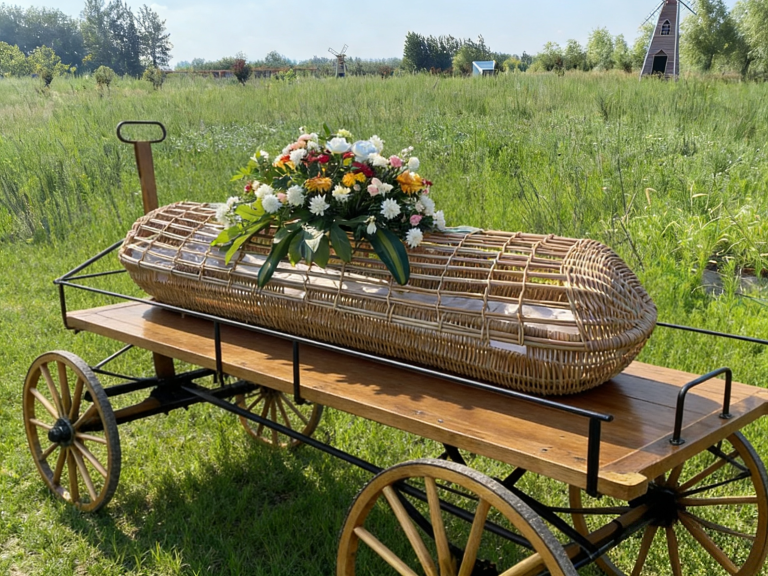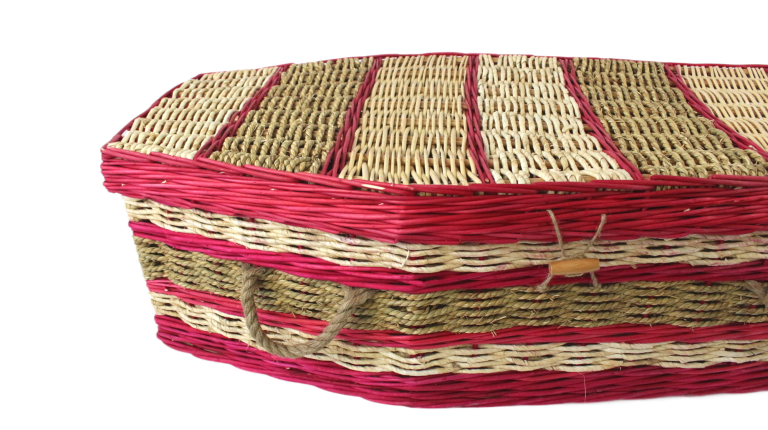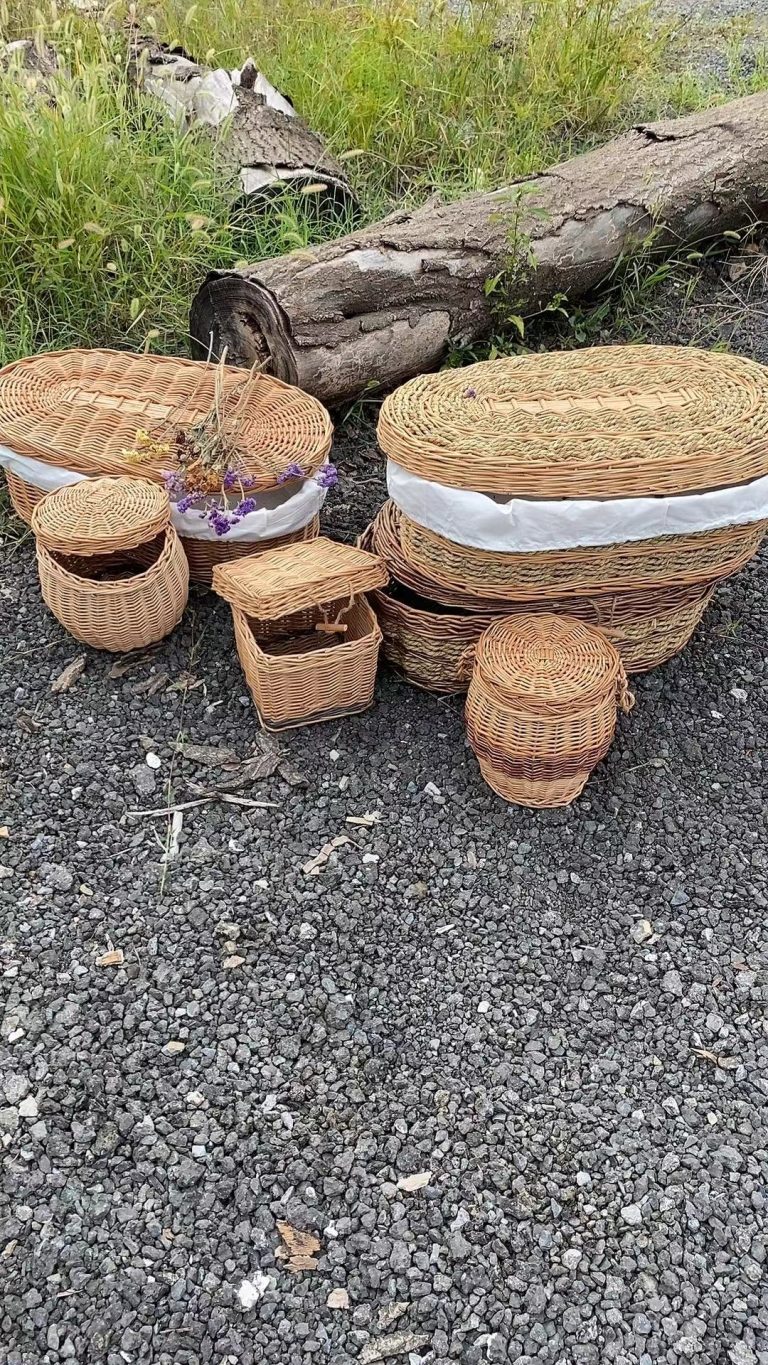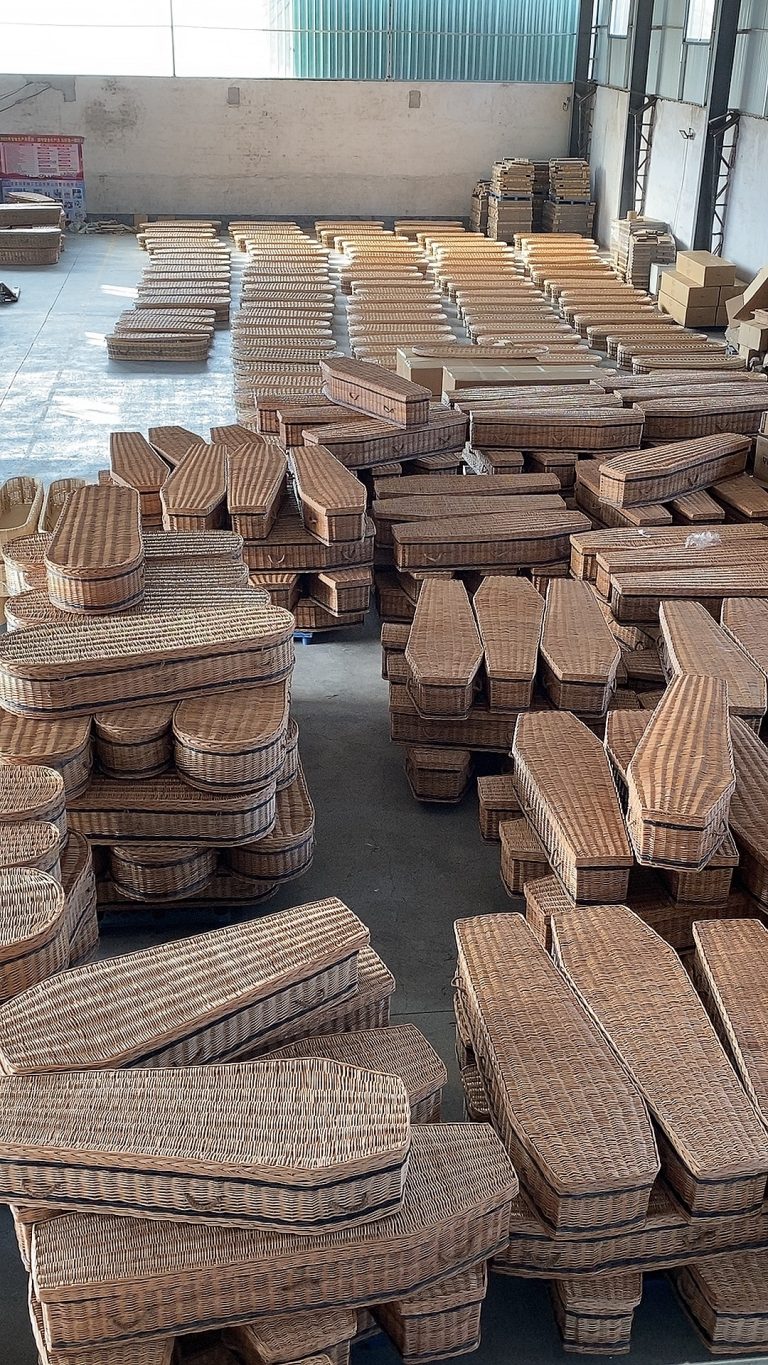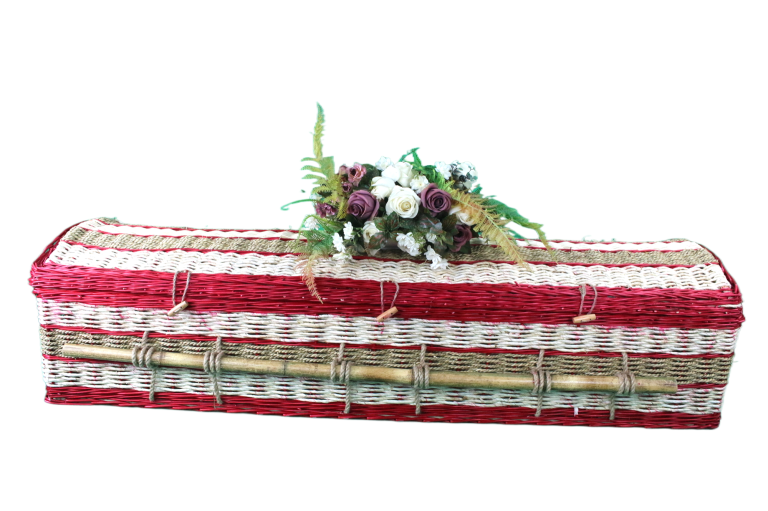In the vast, sun-scorched landscapes of the Australian Outback, where drought resilience defines survival, a unique synergy of traditional wisdom and ecological innovation is reshaping funeral practices. The use of native, drought-resistant willow species—and analogous hardy plants—in weaving eco-caskets embodies a global shift towards sustainable death care, merging Indigenous knowledge with contemporary environmental stewardship.
Australia’s arid regions have long inspired resourcefulness. Indigenous communities historically utilized resilient native materials for ceremonial and practical purposes, though specific willow -like weaving traditions are more nuanced. Today, this adaptability is channeled into green funeral solutions. Artisans in regions like New South Wales and South Australia are weaving caskets from drought-tolerant vegetation, including native shrubs and sustainably cultivated willow hybrids bred for arid conditions. These materials thrive with minimal water, reducing the environmental footprint of cultivation. Their woven designs echo patterns found in Indigenous Australian fiber art, symbolizing connectivity to land and ancestral traditions.
The global significance of this practice is multifaceted. As climate change intensifies, the demand for resource-efficient burial options grows worldwide. Australia’s drought-resistant caskets offer a model for other arid regions, from the Mediterranean to the American Southwest, where water scarcity challenges conventional burial practices. Moreover, these caskets align with circular economy principles: they biodegrade rapidly, enriching the soil without leaving toxins or plastics. This resonates with cultures seeking to honor ecological values, such as Canada’s hemp-willow blends or Europe’s woodland burials.
Symbolism deepens the appeal. The willow ’s resilience mirrors the Australian spirit of endurance, while its weeping form acknowledges grief and release. For urban populations seeking meaningful connections to the Outback’s legacy, these caskets represent a return to simplicity and authenticity. Projects like Walawaani Way—Australia’s first fully natural burial ground—highlight this trend, offering graves marked by native trees rather than headstones, fostering ecosystem restoration.
Innovations extend beyond materials. Digital platforms now connect remote artisans with global clients, enabling customizations that incorporate cultural motifs—from Celtic knots to Aboriginal dot patterns—creating personalized vessels for diaspora communities. This fusion of local ecology and global inclusivity positions Australian Outback weaving as a beacon for the future of green funerals.
In embracing drought-resistant weaving, Australia not addresses its unique environmental challenges but also contributes to a worldwide dialogue on sustainable death care—proving that even in life’s final act, resilience and beauty can flourish against the odds.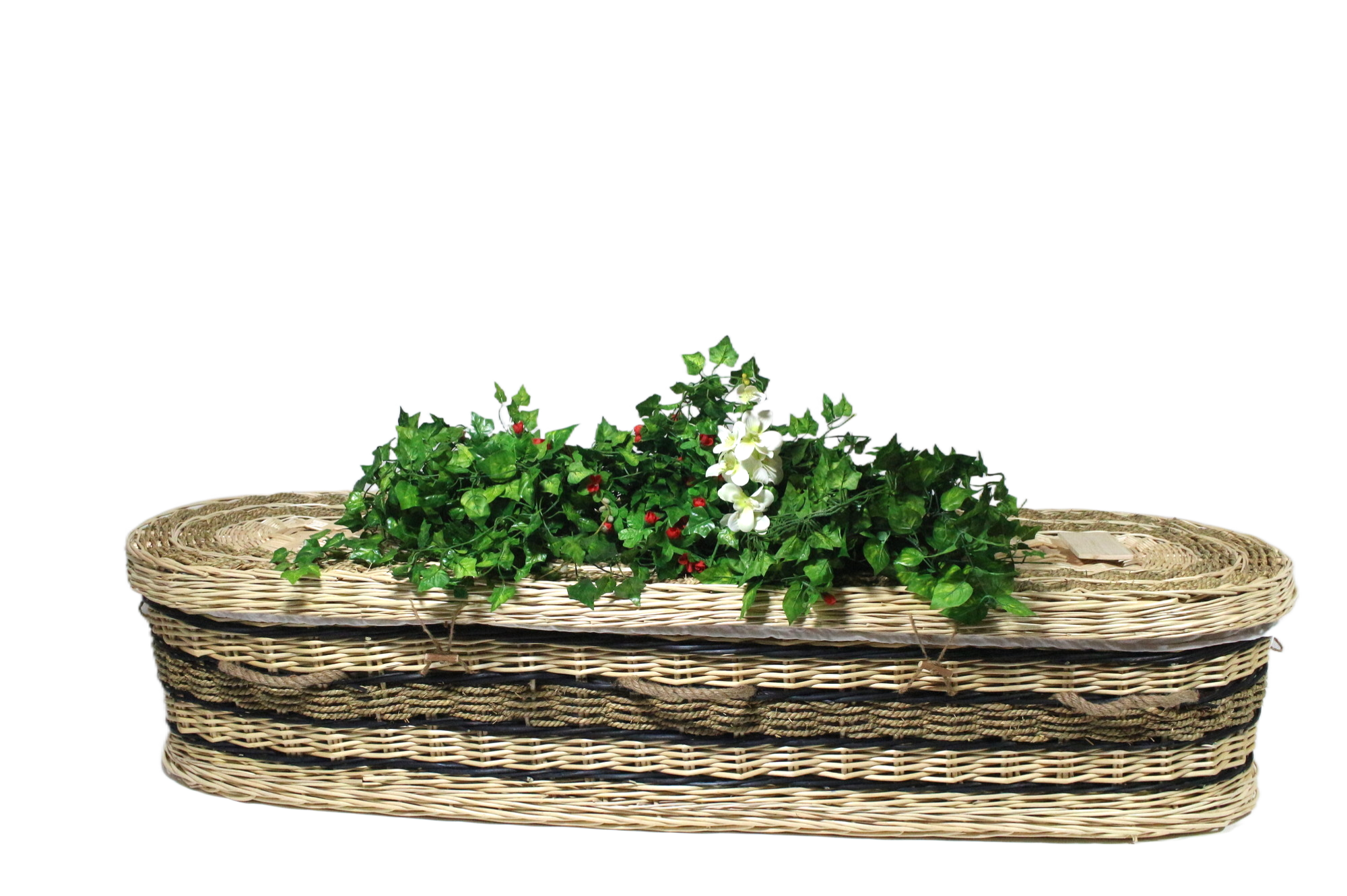
We are a factory supporting eco friendly green funeral(natural willow coffins\bamboo caskets and so on) .. for detail please contact us www.phoenixnestcoffins.com;
Phoenix Nest ( Shandong ) Crafts Co.,Ltd.
Whatsapp: +86-18265103836 (Whatsapp & Wechat & Tel)
Email: jason@phoenxinestcoffin.cn
#willow coffin#greencoffins#bamboocaskets#urns#naturalcoffins#chinafactory#scattertube#naturalburial#FuneralSupplies#cross#flowerbands#shrouds #carrierfuneral

